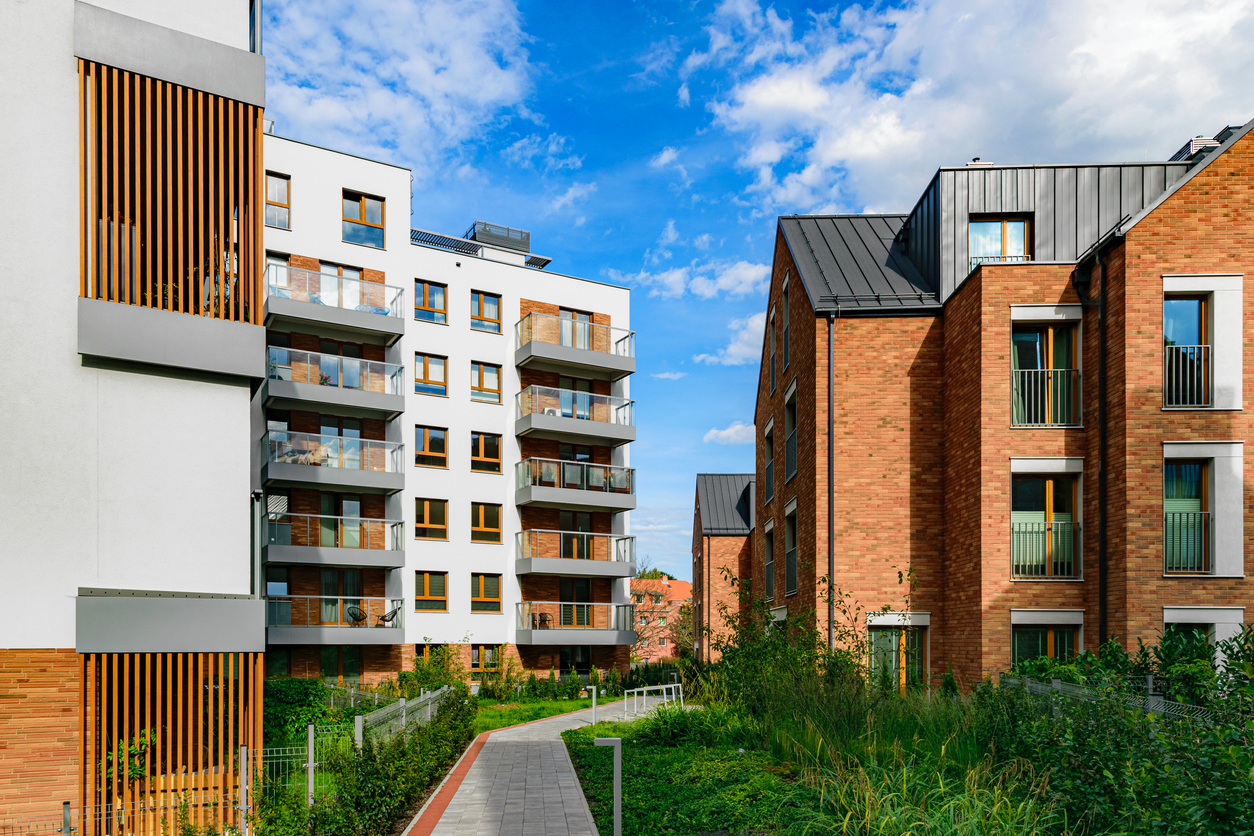



Yes, you may need to pay Capital Gains Tax (CGT) when selling a house if certain conditions apply, regardless of whether you buy another property. However, whether you pay CGT largely depends on whether the property was your main residence and how long you lived in it.
If the property you’re selling has been your main residence for the entire time you owned it, you likely won’t need to pay Capital Gains Tax thanks to the Private Residence Relief (PRR). This relief generally covers your main home, meaning the profit (or "gain") you make from selling it is tax-free.
Key Points:
If the property was not your main residence (e.g., a second home or a buy-to-let investment), you will need to pay Capital Gains Tax on any profit made from the sale.
CGT Rates:
Whether or not you purchase another property does not directly affect your tax liability when selling. The crucial factor is whether the property being sold qualifies for Private Residence Relief. If it does not, then you will be liable for CGT on any gain made from the sale.
Every individual has a CGT allowance, which allows you to make a certain amount of gains tax-free each tax year. For the 2023/24 tax year, the allowance is £6,000. If your gain exceeds this amount, you'll be taxed on the excess.
If you’re selling your main residence, you likely won’t pay any tax on the sale. However, if it’s a second home or an investment property, Capital Gains Tax will apply, regardless of whether you buy another property. If you're unsure, it’s wise to consult with a tax advisor to ensure you're handling the sale correctly and minimizing any tax liabilities.